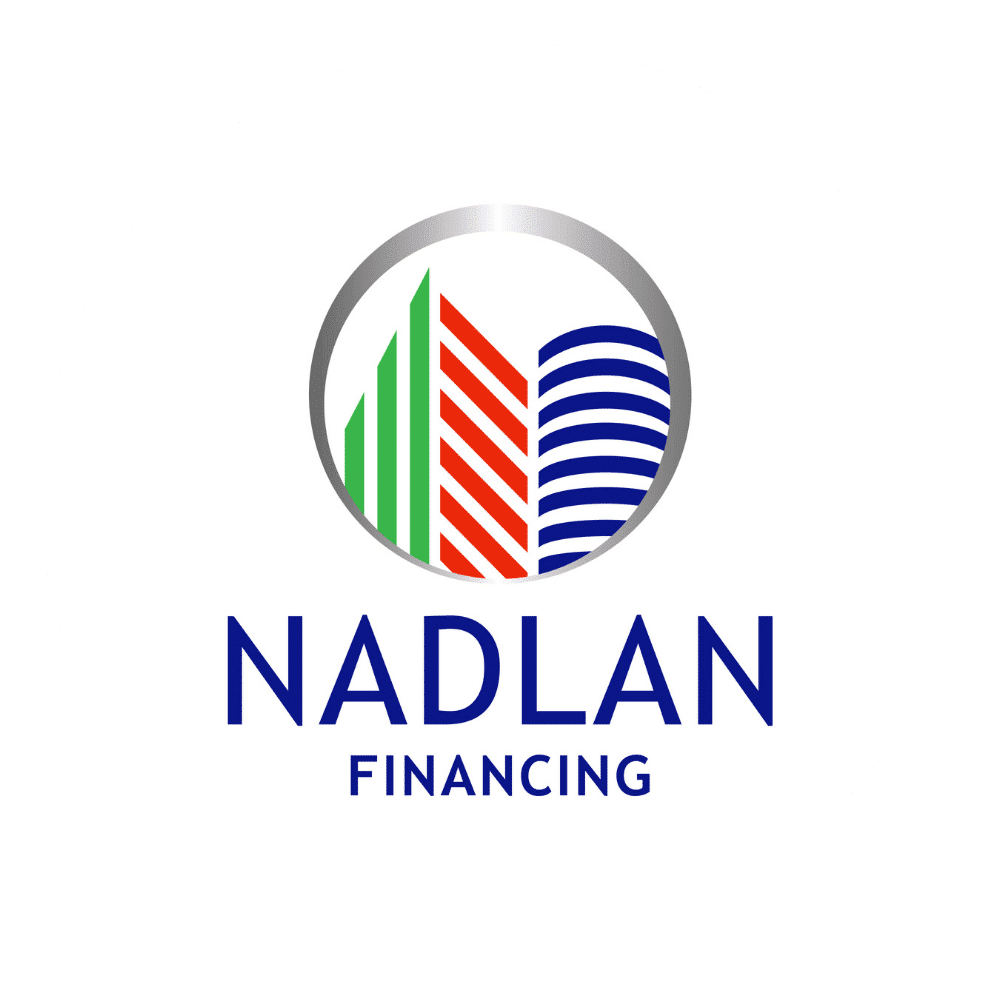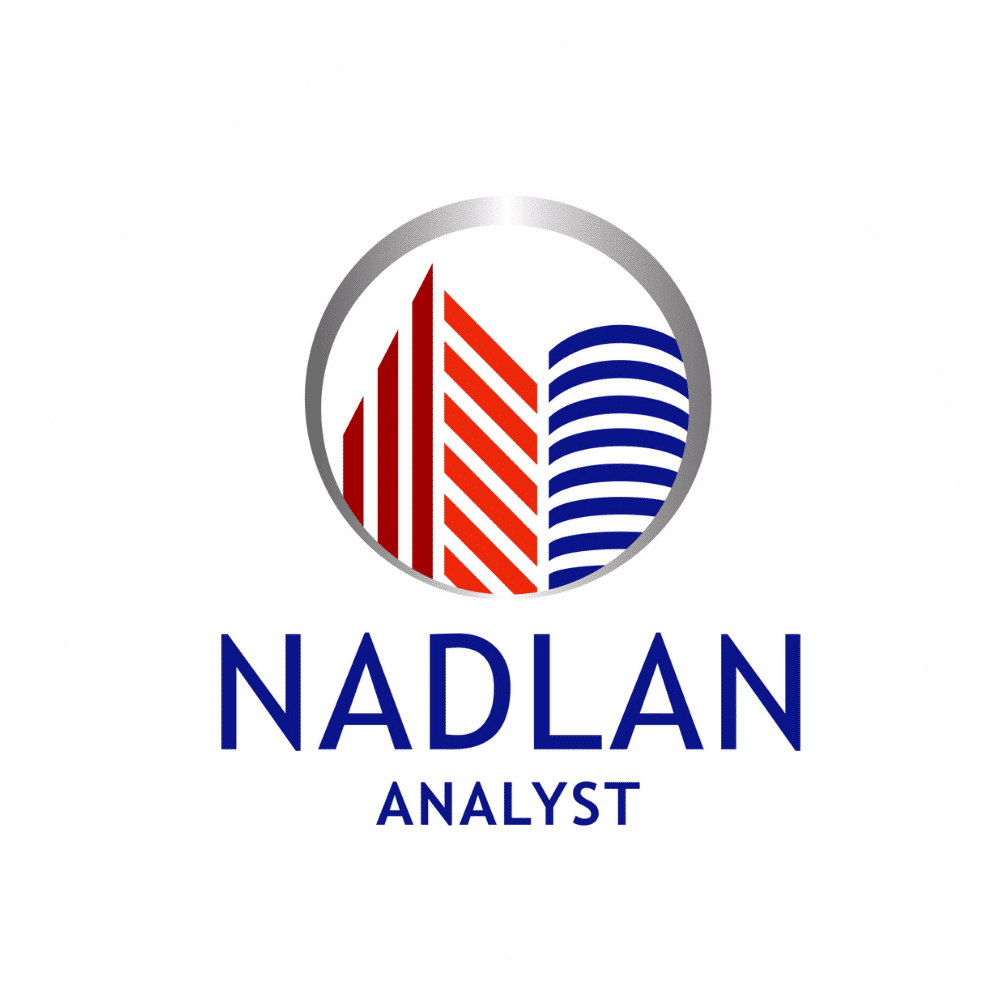40-year mortgage: what you need to know

A 40-year mortgage is like a traditional 15- or 30-year mortgage, but offers an extended payment period. If a homeowner stays in the property for the life of the loan and makes payments as agreed, they will pay off the mortgage in 40 years.
A 40-year home loan can provide some buyers with an affordable way to purchase a home in today's expensive housing market, although it's important to consider the pros and cons of this loan term first.
Is it possible to get a 40-year mortgage?
Yes, you can get a 40-year mortgage. While the most common mortgages are 15- and 30-year mortgages, lenders can and do offer a wide variety of payment terms. For example, a borrower looking to pay off his home quickly might consider a 10-year loan. On the other hand, a buyer seeking the lowest monthly payment may choose a 40-year mortgage.
Traditionally, 40-year loans have served as a loss mitigation option offered to homeowners who are in mortgage default or foreclosure and struggling to make their home payments. This type of loan is not a common option for borrowers who are simply looking for a longer loan term on a new purchase.
40 year mortgages are not suitable loans
It can be even more difficult to find a 40 year purchase loan than it is to find a 40 year loan modification. One reason is that this type of loan is not a "qualified mortgage" that follows a set of rules created by the Consumer Financial Protection Bureau (CFPB). These guidelines ensure that mortgage lenders do not take advantage of borrowers by giving them home loans they cannot afford. The CFPB established these rules in response to the subprime mortgage crisis that led to the Great Recession of 2007-09.
One of the rules for qualified mortgages is that they must not have a loan period of more than 30 years. This requirement makes a 40-year home loan an ineligible mortgage. Therefore, borrowers looking to purchase with a 40-year loan may need to do some additional searching.
How does a 40-year mortgage work?
Monthly payments on a 40-year mortgage are generally lower than shorter-term loans. However, you'll end up paying more in interest because you're making payments over a longer period of time. In addition, 40-year fixed mortgage rates may be higher than those of 15- and 30-year loans.
Similar to home loans with more common payment terms, the structure of a 40-year mortgage can vary by lender and loan plan. Here are some ways a 40-year loan can work:
40-year fixed-rate mortgage This option is quite simple. With a fixed-rate mortgage, the monthly principal and interest payments remain the same for the entire term of the loan. A 40-year mortgage extends the mortgage term by 10 years compared to a traditional 30-year mortgage.
40 Year Adjustable Rate Mortgage Borrowers can get an adjustable rate mortgage (ARM) with a 40 year term. An ARM has a fixed interest rate for a set amount of time (for example, five, seven, or 10 years) and then periodically adjusts for the remaining term of the loan.
40-year interest-only mortgage In an interest-only loan, the mortgage payments go towards the interest for a certain amount of time before converting to principal and interest payments.
40-year mortgage with a balloon payment With a balloon mortgage, you enjoy lower payments during much of the loan term, but you have to pay a large one-time payment when the mortgage comes due.
It is worth emphasizing that the CFPB considers all these types of loans to be subprime or risky for borrowers. Keep in mind that 40-year fixed mortgage rates may also be higher than loans with shorter terms, just as the interest rate on a 30-year mortgage is more expensive than a 15-year mortgage. But even if they don't carry a higher interest rate, the 10-year difference between the two loan terms can cost borrowers a huge amount over the life of the loan (more on that later).
Advantages and disadvantages of a 40-year mortgage
While a 40-year mortgage makes paying off the loan more affordable, it carries certain risks. Consider both the pros and cons before going ahead with a 40-year home loan.
Advantages
Lower monthly payments. The payment on a 40-year mortgage is more profitable than a 30-year mortgage with the same loan amount, because you have 10 more years to pay it off.
Increased purchasing power. The extended payment period and lower monthly payments of a 40-year mortgage may allow some buyers to purchase more expensive homes. Similarly, some borrowers may be able to buy homes faster than they otherwise would.
more flexibility. Forty-year loans with an initial interest-only period can allow for a little more flexibility at the beginning of your loan term. This can be a nice feature if you find yourself dealing with the high costs of moving, furnishing or renovating a new home.
Disadvantages
higher interest rates. Mortgages with longer terms can sometimes have higher interest rates than shorter term loans. Therefore, 40-year mortgage rates may be higher than 30-year mortgage rates.
Equity builds slowly. With a 40-year mortgage, you will build equity at a slower rate as the loan term continues. This can result in a longer-than-usual wait if you want to refinance, get a home equity loan, or remove private mortgage insurance (PMI), all of which require you to meet minimum home equity thresholds.
Higher total cost. Because of the longer repayment period, a 40-year mortgage will have a higher total cost than a shorter-term mortgage. Unlike the closing costs of qualified mortgages, there is no limit on closing costs and fees.
Harder to find. Not all lenders offer a 40-year home loan because it's not a regular mortgage product.
can be dangerous. If the 40-year loan has additional components, such as an interest-only period, negative amortization, or a balloon payment, you may be taking on significant risk.
How do you get a 40 year mortgage?
If you're struggling to make mortgage payments and are considering 40-year mortgages as a loan modification option, the first thing you should do is contact your lender. If your mortgage is in default, you have several options to consider, and your lender is required by law to work with you to find a solution. You may also want to contact a HUD-approved housing counselor for help evaluating your situation and understanding your options, which may include refinancing, foreclosure, a note in lieu of foreclosure, or a short sale.
The process for securing a 40-year mortgage at the time of purchase (not as a loan modification) is very similar to that of a 30-year or 15-year loan:
Determine if you qualify Because 40-year mortgages are non-conforming mortgages, some loan options will not be available. For example, 40-year terms are not an option for government-backed loans (which typically have more relaxed borrower requirements). Therefore, you will need to make sure you have the credit scores and meet other lender requirements to qualify for a 40-year mortgage.
Find a mortgage lender Because these products are not widely available, you may need to do more research to find a lender or go through a mortgage broker or online lender. Before you decide on one, make sure you're working with a reputable lender. Compare several 40-year mortgage lenders to increase your chances of finding a lender you're comfortable working with.
Apply for a loan Your lender will walk you through the exact details of their process, but you'll generally need to provide the same financial information and documentation as you would with a traditional term mortgage.
Check the loan details Your lender will provide a loan estimate with all the details of the 40-year mortgage. Be sure to carefully review the terms of the loan and understand how the loan is structured and the estimated total payments. Ask the attendant about anything that is not clear.
Where do you find a 40 year mortgage?
Finding lenders for 40-year mortgages is not as easy as finding lenders for other mortgage products, but it is not impossible. It is worth trying to consult with the bank or lender with whom you already have a relationship. If they don't offer a 40-year loan, there are several places to look:
Mortgage brokers. Some mortgage brokers work with lenders who specialize in 40-year loans and other non-conforming mortgages.
Online and local lenders. You may be able to find an online lender – or a small local or regional bank – that offers 40-year mortgages.
credit unions. Some credit companies have more flexible loan terms and may offer 40-year mortgages.
Housing consultants. Your state or local HUD office can refer you to a housing counselor and other resources. In addition, the CFPB has a database of housing counselors.
How is a 40-year mortgage compared to a 30-year mortgage?
The loan repayment period directly affects the monthly payment, the interest and the total cost of the loan. A 40-year loan period will require smaller monthly payments than a 30-year loan, but the total amount paid over the course of the loan will be higher.
When deciding between a 40-year mortgage and a 30-year mortgage, you should look at the loans side by side. Below, we look at the two options for a $440,300 home loan with a 13% down payment. In our example, there is no difference in the interest rate - best case scenario - and the monthly payment amounts reflect principal and interest only.
Loan amount, interest rate, monthly payment, total cost
30-year mortgage $383,061.00 5.3% $2,127.16 $823,015.00
40-year mortgage $383,061.00 5.3% $1,923.86 $923,451.30
While you'll save $200 a month on your mortgage payments by taking out a 40-year loan, you'll end up spending about $100,400 more for the privilege.
The interest you will pay during these 40 years will also exceed the selling price of the house, which is not true for the 30-year loan.
Finally, you should look at how much slower you will build equity with a 40 year loan. The chart below compares the equity building timelines for 30- and 40-year mortgages.
As you can see, with a 30-year loan, you would build 20% equity in five years, but with a 40-year loan, you would have to wait nearly nine years to build that equity. And depending on other terms of the loan (eg, interest-only period), it can take even longer to build equity.
Alternatives to a 40-year mortgage
Before committing to a 40-year mortgage, make sure you know your other options.
mortgage points. If your main goal is to have smaller monthly payments, paying interest up front by purchasing points may have the same effect.
A conventional loan for 30 years. Depending on the loan amount and the interest rate, the payment on a conventional 30-year loan (not backed by the government) may not be much higher than a 40-year mortgage. You can also increase the affordability of a 30-year mortgage by purchasing a slightly less expensive home.
Refinancing. If you're struggling to meet your mortgage payments, you don't necessarily need to change your loan term. You can refinance to get a lower interest rate instead, which can lower your monthly payments even if you keep the same loan term.
FHA loan. FHA-backed loans can be an affordable alternative to a 40-year home loan. FHA loans have low interest rates, low down payment requirements and easy credit requirements.
USDA loans. Mortgages guaranteed by the US Department of Agriculture (USDA) may also provide affordable payments. USDA loans have low interest rates and no down payment requirements, but are only available to low- and moderate-income borrowers in designated rural areas.
VA loans. Veterans, military personnel and qualified spouses may find a VA-backed loan an affordable option. VA loans have no down payment or mortgage insurance requirements.
ARM. If you can move during the initial fixed rate period, an ARM may be a good option for you.









































Responses